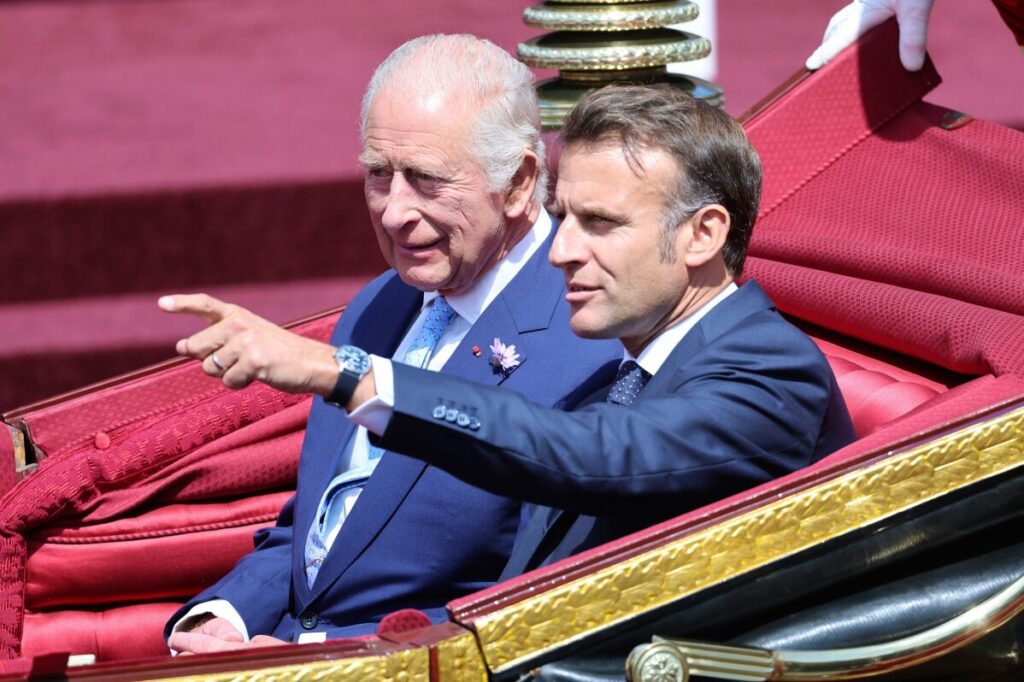South African Police Corruption Scandal Exposes Global Crime Networks That Threaten American Security
President Ramaphosa’s suspension of the police minister reveals a deep rot within South Africa’s law enforcement, with criminal syndicates infiltrating government institutions—a warning sign for America’s national security.

South Africa stands at a crossroads as President Cyril Ramaphosa steps in to suspend Police Minister Senzo Mchunu amid damning allegations of collusion with powerful criminal syndicates. This scandal is far from a local issue; it highlights a dangerous breach in governance that threatens regional stability and, by extension, American interests.
Why Should Americans Care About Corruption Across the Globe?
When senior officials in South Africa’s police force and justice system are embroiled in shielding drug cartels and dismantling crucial crime units, the ripple effects extend well beyond Johannesburg. These criminal networks not only erode trust in public institutions but also serve as conduits for illicit trade and trafficking that inevitably reach U.S. shores.
General Nhlanhla Mkhwanazi’s whistleblowing unveils a chilling reality: politicians, law enforcement, and even the judiciary appear compromised by syndicates linked to organized crime. Rather than protecting citizens, key officials allegedly facilitated or ignored rampant corruption—disbanding units investigating politically motivated killings tied to these cartels.
This rot undermines not just South African sovereignty but poses tangible threats to global security chains critical to America’s safety. Drug cartels controlling parts of law enforcement invite transnational crime rings that fuel narcotics flow into the United States, exacerbate border crises, and empower foreign adversaries who seek to destabilize democracies through corruption.
Is Washington Doing Enough? Lessons From Abroad
President Ramaphosa’s decision to launch an official probe is a necessary first step but has drawn criticism at home for its cautious approach. Opposition voices call for swift firings rather than commissions that delay justice. This hesitance raises important questions about how effectively governments confront internal corruption—a dilemma familiar here in America.
The lesson is clear: freedom and national security require relentless accountability among those sworn to uphold the law. The erosion of trust within policing bodies abroad reverberates here by emboldening illicit actors exploiting weak governance worldwide.
The America First vision demands vigilance—not only on our southern border but also in understanding how global corruption networks operate seamlessly across continents. Our policies must prioritize strong collaborations aimed at rooting out such syndicates while supporting sovereign nations committed to transparent justice systems.
South Africans deserve leaders who enforce laws rather than evade them; Americans deserve security strengthened by international partnerships that respect sovereignty without compromise.
How long will Washington remain complacent as these criminal enterprises metastasize under the guise of political impunity? The answer should be immediate action backed by strategic resolve—because freedom anywhere hinges on rule of law everywhere.
